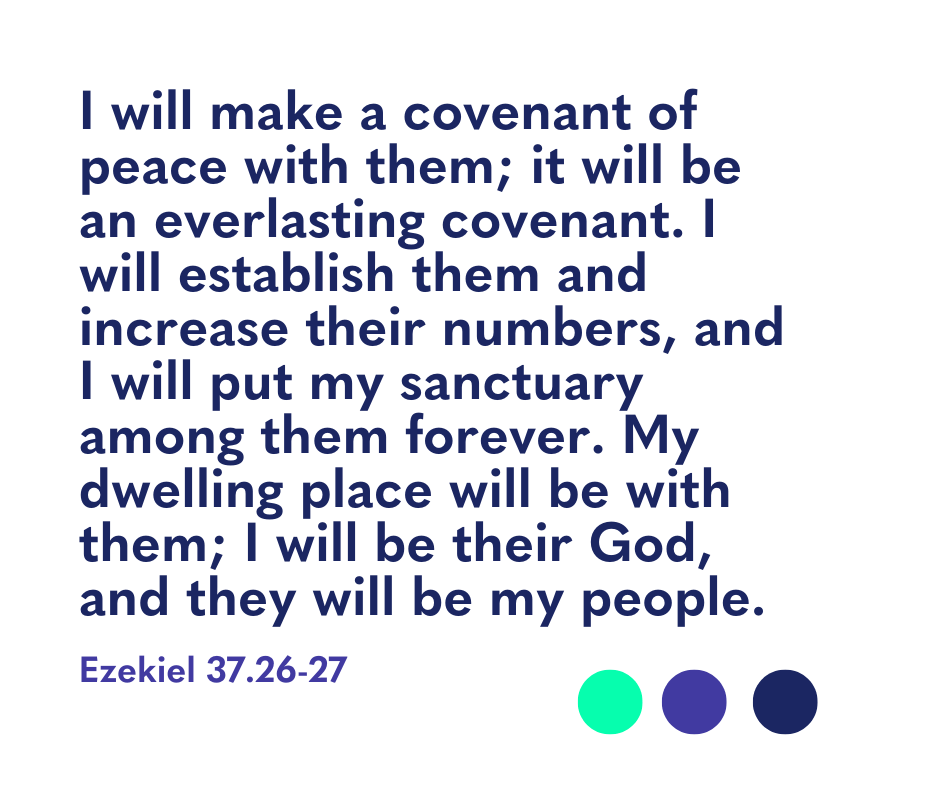“It was a Thursday, in June 2014. My husband, Tim, had gone into the bedroom for an afternoon nap. He was tired. But it was too early for him to go to sleep, so I went in to wake him up. When I did that, there was no response.
I shook him hard. I saw the colour of his face. It was turning blue. His lip colour had changed. I felt something was badly wrong, so I called the ambulance.
It seemed too long for me. They took maybe ten minutes to come. We had three children, aged seven, three and six months. Tim had just started studying at Bible college. While I was waiting for the ambulance, I prayed to God. I prayed for forgiveness.
When the paramedics saw Tim, they took off his clothes and connected him to a respirator, in a hurry. They took him to hospital.
At first I thought he would be better if he had some sleep. He was so tired. But Tim didn’t wake up after one day. The first interview with the doctors was terrible. They couldn’t find a reason. They said he was brain dead. He had no pupillary response. There was no oxygen entering his brain. They said there was no hope.
 I contacted our church and we prayed and fasted for three days. As time went on, it got worse. Many people came to visit the hospital and they prayed. But the news from the doctors was that there was no hope. On the third day, the doctors advised me to think of organ donation. Tim couldn’t survive the week. His body was all red and swollen.
I contacted our church and we prayed and fasted for three days. As time went on, it got worse. Many people came to visit the hospital and they prayed. But the news from the doctors was that there was no hope. On the third day, the doctors advised me to think of organ donation. Tim couldn’t survive the week. His body was all red and swollen.
At the time, the prayer of faith didn’t come for me. I was discouraged. The doctor continually said there was no hope. He said you don’t need to pray, there’s no point. I wrote to my mother in Korea and I said please come the next day.
The next day we walked into the ICU. We looked at Tim’s body and I saw that his fingers were moving slightly. When I got closer, I saw that his red and swollen body had changed. His face was shining. After a while, Tim woke up and said to me, “I met Jesus. I went to heaven.” He started to cry. He kept crying for two days. He said that Jesus’ voice was beautiful. He said that Jesus said to him it wasn’t his time yet.
I know that God had performed a miracle. Everybody in the hospital agreed it was a miracle. At the time, I held onto the verses in Ezekiel 37, about dry bones coming to life. Every day, I spoke the verses out loud in Korean. At the end, there is a promise: “I will make a covenant of peace with them; it will be an everlasting covenant. I will establish them and increase their numbers, and I will put my sanctuary among them forever. My dwelling place will be with them; I will be their God, and they will be my people.” (v26-27)
After Tim came back to life, he needed a long time for his body and spirit to become stable. It took him a year to slowly recover. He couldn’t work or study in all that time. The church prayed a lot, and God used the prayers of many people. I can’t express it very well, but I know it was God’s grace. It wasn’t my faith. At first, I was amazed by the miracle. However, the treatment and recovery process was so long and difficult. Tim wasn’t stable for a long time and I had to work and take care of our children. It wasn’t easy.
But it changed us. Tim is more humble now. He was a bit arrogant before. We have become more united as a family. We have daily worship times as a family now. We have dedicated ourselves to Jesus even more. I know it was a miraculous time back then, but I believe that the way we live now in the present is even more important than what happened in the past. God wants us to be humble, holy and united, now. That’s what he’s doing in us.”
Soo Kim’s story is part of Eternity’s Faith Stories series, compiled by Naomi Reed. Click here for more Faith Stories.